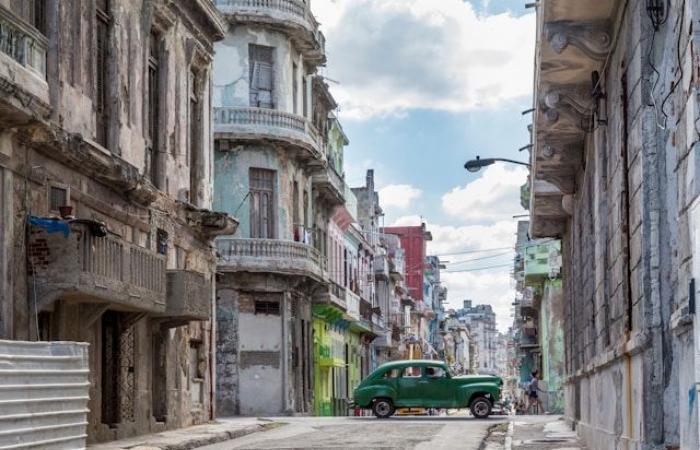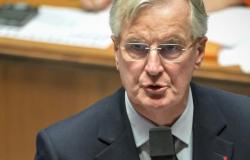The Cuban tourism industry, described as the “engine of the economy”, is facing one of the worst crises in its history. A report from think tank Cuba Siglo 21 highlights an alarming decline in key sector indicators, despite investments of more than US$24 billion over the past 15 years.
Between January and October, the communist-ruled Caribbean island welcomed just 1,718,636 tourists, a drop of 48.23% compared to the same period in 2019, before the pandemic. These figures are a far cry from the 3.5 million visitors expected by the dictatorship this year. Hotel occupancy rate fell to 25%, while industry revenue fell 61.82% in five years, from $3.185 billion in 2019 to $1.216 billion in 2023.
Decline in the main source markets
The decline in tourism affects almost every major market. Visitors from Canada, which represents 39.41% of total visitors, decreased by 19.15% compared to 2019. Tourism from the United States saw a drastic decline of 73.93%, while that the number of Cuban expatriates visiting the island decreased by 52.56%. In Europe, markets like the UK, France and Italy saw declines of over 70%.
The report attributes the crisis to various structural and political factors:
- GAESA monopoly: the Grupo de Administración Empresarial SA (GAESA) focuses its financial decisions on tourism, neglecting important sectors such as energy, transport and agriculture see our article;
- Systemic crisis: Constant power outages, deteriorating infrastructure, dengue fever outbreaks, and growing insecurity have made Cuba an unattractive travel destination;
- Brain drain: massive emigration has seriously affected the quality of tourism services;
- Controversial foreign policy: The regime’s alliance with Russia in the Ukraine war and its ties to controversial international actors have deteriorated relations with key European markets. The Cuban diaspora’s distrust of official investment initiatives has led this segment to turn to alternative destinations like the Dominican Republic, which now attracts a large part of family tourism.
Challenges and perspectives
The collapse of Cuban tourism is a major blow to the island’s economy. To reverse this trend, experts say the country must tackle structural problems such as the energy crisis, improve health security and create a favorable environment for foreign investments, as well as regain the confidence of international markets. Meanwhile, other Caribbean destinations are consolidating and attracting more and more tourists, leaving Cuba further and further behind.
World






